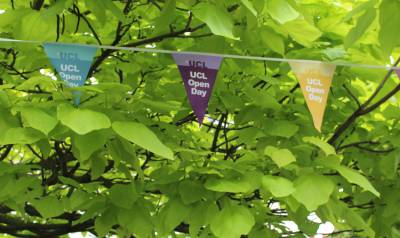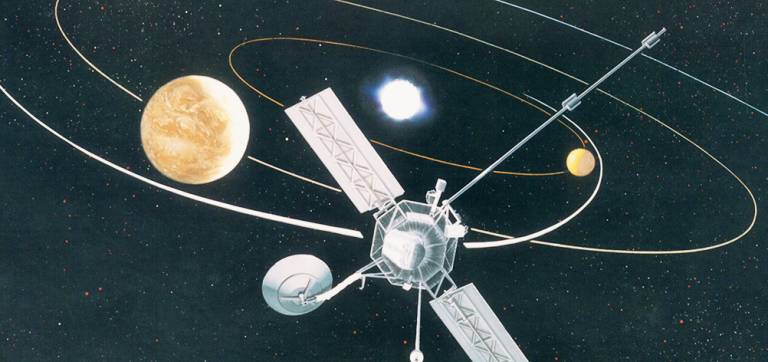MAPS wins funding for two Centres for Doctoral Training
22 November 2013
The Faculty of Mathematical and Physical Sciences is delighted to announce that it has won funding for two EPSRC Centres for Doctoral Training (out of seven awarded to UCL).
These are in the fields of molecular modelling and materials science (a continuation of the highly successful Industrial Doctorate Centre in Molecular Modelling and Materials Science), and a new centre specialising in geometry and number theory.
Professor Michael Singer (UCL Mathematics), director of the new Centre for Doctoral Training in Geometry and Number Theory at the Interface, said:
This CDT, which has been set up in partnership with Imperial and King's, will help train the next generation of pure mathematicians in the core areas of geometry and number theory. Students will have the opportunity to gain a broad foundation in these fields before undertaking a cutting-edge research project. Additionally communication and coding skills will be incorporated with teamwork as an integral part of the training. Our graduates will contribute to the sustainability of the mathematical sciences as well as the UK economy more widely. Our centre will also find innovative ways to advance women in mathematics.
Prof Michael Singer
Prof Singer's CDT will be the first in the country in the field of pure mathematics, and will play a key role in maintaining the competitivity of mathematical research in the UK.
Prof Nora de Leeuw (UCL Chemistry), director of the Centre for Doctoral Training in Molecular Modelling and Materials Science said:
This CDT provides a comprehensive training and research programme in functional materials with practical applications in sustainable energy, catalysis, healthcare and smart nano-technology. Students receive accredited technical, project management, business and entrepreneurship training, in addition to hands-on experience of cutting edge computation and experiment using national high performance computing platforms, neutron and synchrotron radiation facilities. Computer simulation and experimentation is fully integrated in the students' research and carried out in collaboration between UCL and a wide range of external partners in industry, national laboratories and overseas research institutes, ensuring high quality research with direct impact on the economy and society.
Prof Nora de Leeuw
 Close
Close




